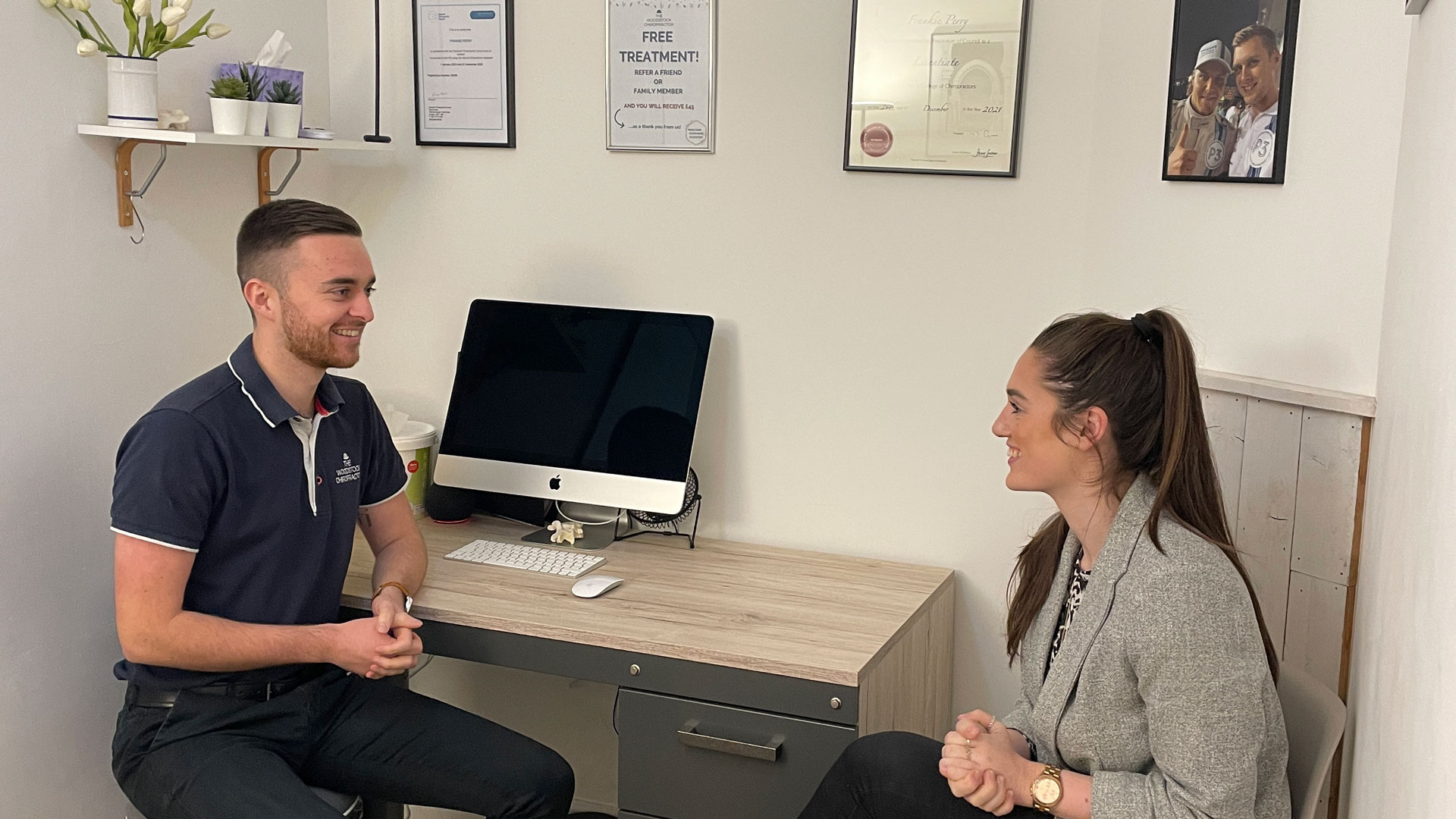For many, changing work positions from office to home is highly likely at this uncertain time, therefore, getting up and moving is even more essential! Statistically, (research is consistently confirming this also), that occupational sitting or being a desk-based...









